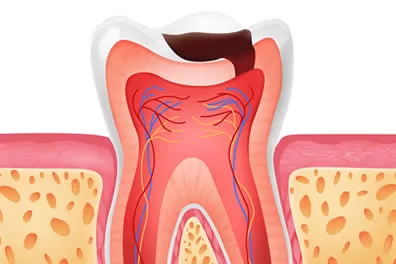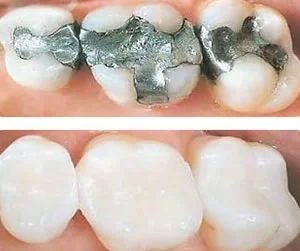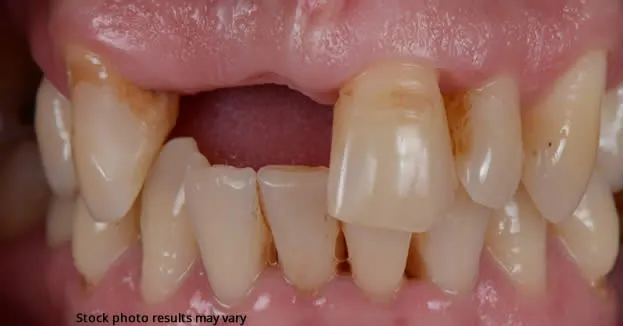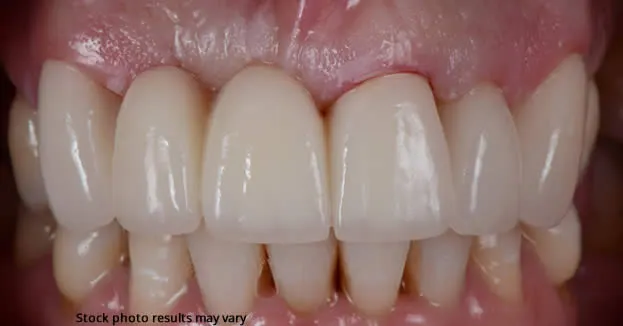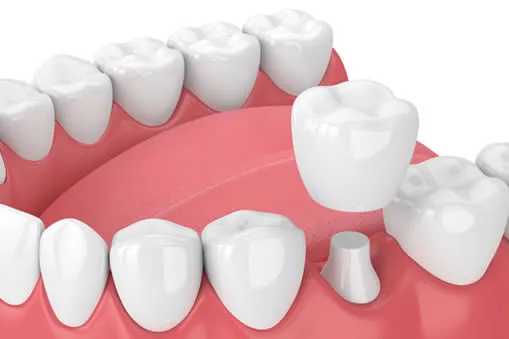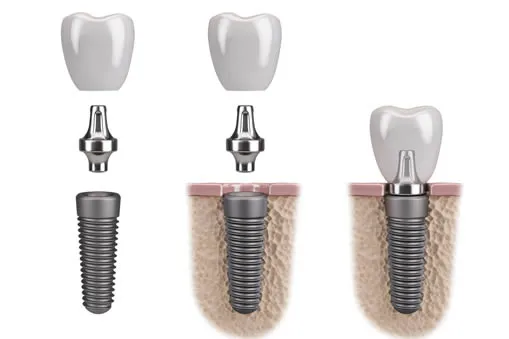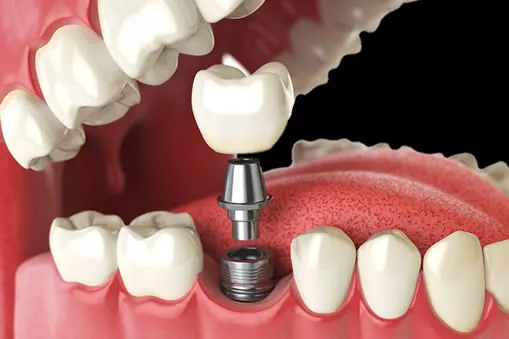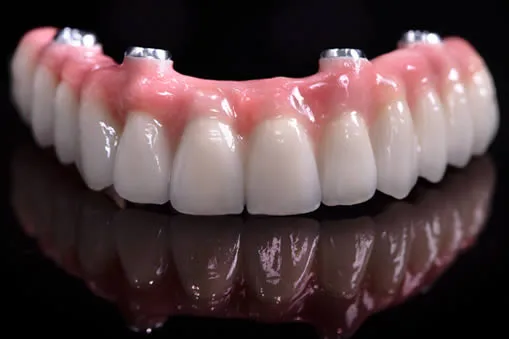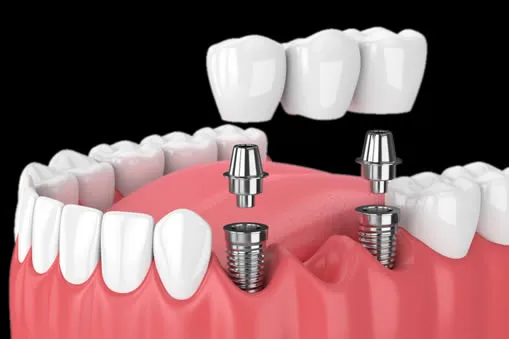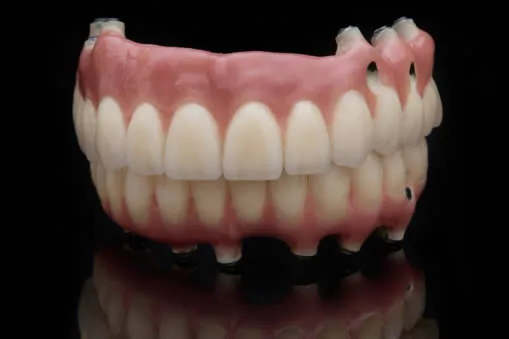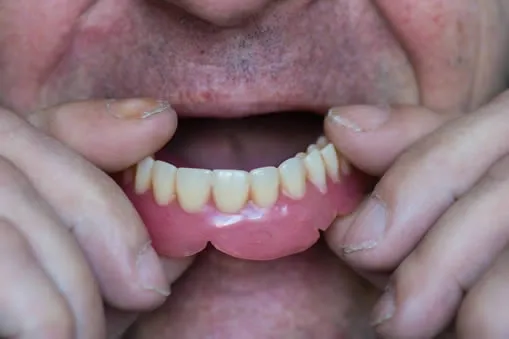
Tooth Extraction
UNDERSTANDING TOOTH EXTRACTIONS: WHAT TO EXPECT
Periodontal disease is often the leading cause of tooth extraction, and if needed, there are several ways that we can go about the procedure. First and foremost, we will administer a numbing agent to the specific area to minimize any discomfort you may feel. Though you may experience slight pressure during the process, you can otherwise expect a comfortable and relaxed experience. If the tooth has matured and emerged from the gum line, our dentist at Lakeside Dental Cosmetic & Family Dentistry may use specialized dental instruments to gently wiggle the tooth and remove it from the socket. The area will then be thoroughly cleaned, and gauze will be applied to prevent bleeding during the recovery period. However, if the tooth is impacted or still beneath the gum line, such as with wisdom teeth, oral and maxillofacial surgery may be necessary. During this procedure, we will create an incision in the gums and gently lift the flap to access the impacted tooth. If needed, we may have to remove any bone or tissue that is covering the tooth. In some cases, we may need to break the tooth into smaller pieces for removal. Once the tooth has been successfully removed, we will clean the area thoroughly before placing the flap back down and suturing it in place. Following tooth extraction and bone grafting, a blood clot will form in the socket, and we will use gauze to control any bleeding.
POST-TOOTH EXTRACTION CARE: TIPS FOR A SPEEDY RECOVERY
At Lakeside Dental Cosmetic & Family Dentistry, we prioritize minimizing discomfort and reducing recovery time during tooth extractions. Following the procedure, most patients recover in our office for approximately an hour to ensure that bleeding has sufficiently subsided and any anesthesia has worn off. We advise patients to arrange for a ride home, and to rest and nap as needed once they are back home. During the first few days, drinking plenty of water is crucial, but extreme temperatures should be avoided to prevent sensitivity. Using a straw is not recommended, as it may cause bleeding at the surgical site. Recovery time varies depending on the procedure, but generally, swelling subsides after a few days. To manage swelling, we suggest taking ibuprofen and applying an ice pack for 15 minutes at a time. Soft, nutritious foods are recommended during recovery, and gradually increasing solid food consumption is advised. Oral hygiene is also critical, and brushing teeth while avoiding the surgical site, using mouthwash, and rinsing with water and baking soda are recommended to reduce the risk of infection. We may schedule a follow-up appointment to monitor your recovery progress.
Importance Of Replacing The Missing Tooth
The significance of replacing a missing tooth cannot be overstated. When a tooth is extracted, the resulting gap can cause neighboring teeth to shift out of place, resulting in misalignment, difficulties with chewing, or jaw-joint issues. Additionally, these misaligned teeth are more challenging to clean, increasing the risk of gum disease, tooth decay, or even further tooth loss. It is therefore crucial to fill the gap with a dental appliance such as a dental bridge, removable partial denture, or dental implant to prevent these issues from occurring.
ADDITIONAL FREQUENTLY ASKED QUESTIONS ABOUT TOOTH EXTRACTIONS
Does a tooth extraction hurt?
Most tooth extractions are performed under local anesthesia, so you should not feel any pain during the procedure. However, you may experience some discomfort and swelling after the extraction.
How long does a tooth extraction take?
The length of a tooth extraction procedure can vary depending on the complexity of the case. Simple extractions can take just a few minutes, while more complicated extractions may take up to an hour.
What is the recovery time after a tooth extraction?
The recovery time after a tooth extraction can vary depending on the individual case. In general, it can take a few days to a week to recover fully. During this time, you may experience some swelling, pain, and bleeding.
How do I care for the extraction site after the procedure?
To promote healing and prevent infection, it is essential to follow your dentist’s instructions for caring for the extraction site. This may include applying ice packs, avoiding hard or crunchy foods, and taking prescribed medication as directed.
Is there a dentist near me in Sicklerville that offers tooth extractions?
Yes. At our Sicklerville dental office we offer tooth extractions to patients from Sicklerville and the surrounding area. Contact our office today to schedule an appointment.
Helpful Related Links
- American Dental Association (ADA). Glossary of Dental Terms.
- American Academy of Cosmetic Dentistry® (AACD). Home Page.
- WebMD. WebMD’s Oral Care Guide.







